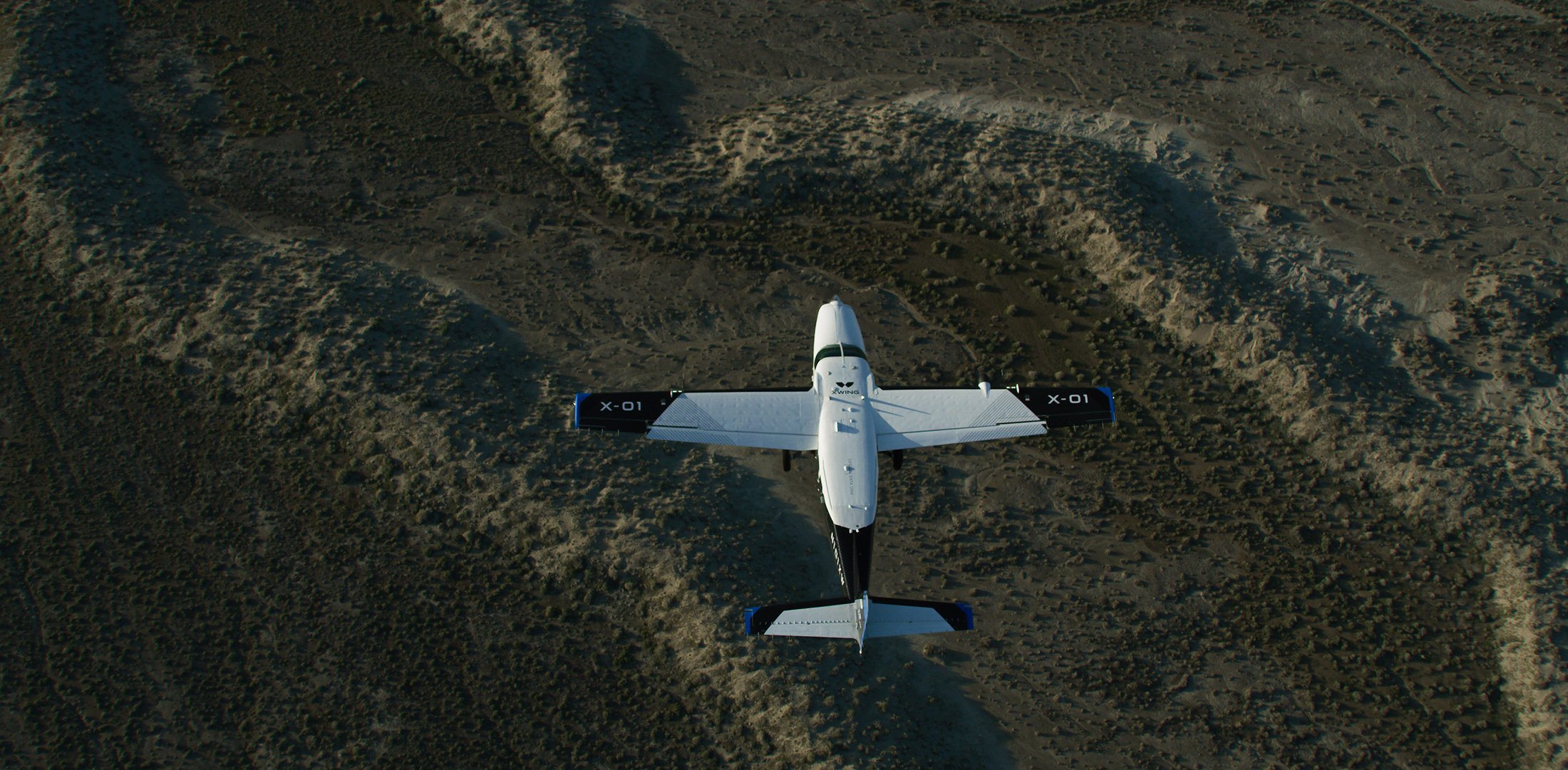Xwing, a California-based company developing autonomous flight technology, has been contracted by the U.S. Federal Aviation Administration (FAA) to participate in the agency’s Crosscutting Operations Strategy and Technical Assessment (COSTA) air traffic management research project, the company announced on December 1.
As part of this project, Xwing will work together with the FAA and NASA, as well as partners at Alaska’s Center for Unmanned Aircraft Systems Integration, to study how remotely piloted aircraft can be safely integrated with the National Airspace System while flying in complex environments with flight restrictions, such as fire traffic areas where other aircraft are actively working to suppress wildfires.
“In that scenario, you have a lot of different types of aircraft in a contained area, [such as] fixed-wing aircraft dropping fire suppressant, you have small unmanned systems doing airborne reconnaissance, you have helicopters there—lots of different aircraft operating together,” and those operations typically require manual coordination between the pilots and other personnel on the scene, Xwing’s vice president of commercialization and strategy, Jesse Kallman, told FutureFlight.
“How will a large unmanned system with a remote pilot be able to actively integrate in that airspace? How will they sequence and manage that aircraft [and] communicate with the remote operator, and how does the remote operator communicate with other aircraft?” These are questions that the FAA seeks to answer through this new partnership with Xwing.
To help answer these types of questions, Xwing—which is already conducting flight tests with experimental Cessna Grand Caravans modified with autonomous flight technology—will fly its remotely piloted aircraft into real fire traffic areas in Northern California in early 2023. Those flights will depart from Xwing’s hangar at Buchanan Field Airport in Concord, California, just northeast of San Francisco. Each flight will have a safety pilot on board while remote operators monitor from the company’s mobile mission control center.
During the flight trials, Xwing’s autonomous Cessna airplanes will collect data that will be used to analyze various aspects of each mission, such as latency and response times between air traffic controllers, remote operators, and the aircraft themselves.
In addition to active wildfire fighting areas, as part of its involvement with the COSTA project Xwing will also be conducting similar flight trials in two other scenarios: oceanic operations and areas with dynamic flight restrictions. For example, Kallman explained, “if you're a large unmanned system en route, say an event is taking place or you're passing by a military area and there's a flight restriction that pops up, how does the FAA actively reroute and manage these kinds of aircraft in that scenario?”
Oceanic operations pose their own challenges for autonomous aircraft, because there may not be constant radar coverage. “Your exact location and position relative to other aircraft is also different, so it's going to be a lot more reliant on what information can we directly provide on the location, heading, and airspeed,” Kallman said.
The COSTA project, combined with Xwing’s other ongoing research and development, will be key to getting autonomous flight operations certified by the FAA. While Xwing is focused on developing autonomous flight capabilities, the company is also operating as a Part 135 cargo carrier with a fleet of 35 unmodified Cessna Grand Caravans, which conduct about 400 cargo delivery flights per week for UPS. These piloted cargo operations supply Xwing with the data it needs to further refine its “Superpilot” autonomous flight control system.
